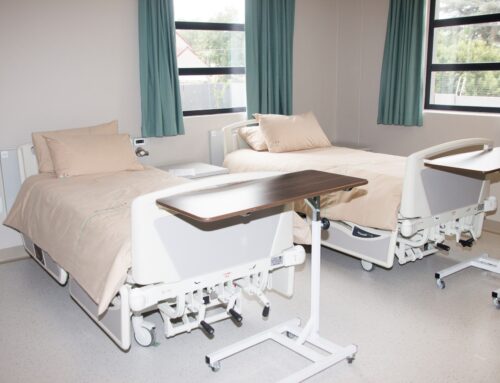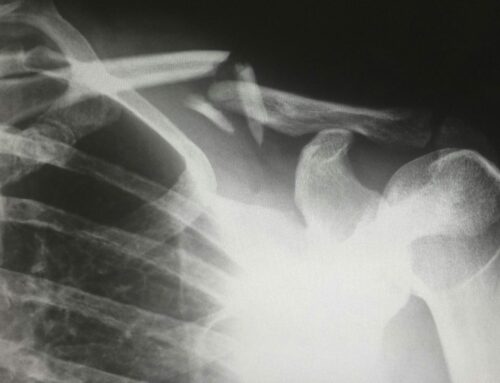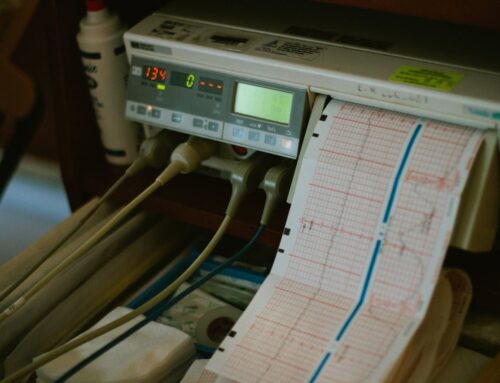All women will experience menopause as a natural biological process in their lifetime. While the symptoms are widely known, women are still being negligently misdiagnosed, experiencing delayed diagnosis, and being denied the opportunity to discuss treatment and management options. If you have experienced medical negligence in your management or diagnosis, you may be eligible to claim.
What is menopause?
Menopause is primarily diagnosed after 12 months in the absence of a menstrual period. While the average age for menopause is 51, menopause can start at any age for a variety of reasons – both genetic and external.
Symptoms:
- Hot flashes
- Night sweats
- Weight gain and slowed metabolism
- Mood changes
- Thinning of hair and dry skin
- Reduced libido
- Heart palpitations
- Loss of muscle
- Joint aches and pains
- Irregular periods
These symptoms are most prominently disruptive to sleep and energy levels and can be both physically and emotionally distressing.
Medical Negligence associated with Menopause
Misdiagnosis or delayed diagnosis, failure to provide adequate treatment or failure to diagnose a condition known to induce early menopause can form the basis of a medical negligence claim. When individuals experiencing any of the 41 known symptoms seek advice about its management, they are entitled to hear all of the known risks, as well as benefits, of the treatment and have the right to be involved in discussions in order to make an informed decision about what the best course of treatment is for them.
The most common course of treatment is HRT (Hormone Replacement Therapy). This treatment involves prescribed doses of the hormones that the body is no longer producing, often including oestrogen, progesterone and testosterone. Should this treatment be negligently denied, women who have experienced symptoms that have impacted their ability to work – such as incontinence, joint and muscle pain, hot flashes, and mood swings, may be compensated for financial loss.
Mood swings are also a common symptom of menopause, commonly misdiagnosed as anxiety or depression. Should a medical professional negligently dismiss these symptoms as mental health issues and prescribe medication used to treat a mental health condition, such as anti-depressants, in place of methods for menopause management, this may be deemed negligent treatment.
Undisclosed risks can also form the basis for a claim of medical negligence. Patients must be informed of any reasonably foreseeable risks of early menopause that their treatment or procedures may incur. Should a patient suffer any complications that cause early menopause as a result of known risks that were not disclosed before treatment, this may constitute sufficient grounds for a case in negligence. For example, cancer treatment, hysterectomies and complications during procedures can often induce premature menopause, and the risk of infertility must be disclosed before treatment has commenced.
Have you experienced medical negligence when seeking treatment or advice?
If you feel as though a medical professional has failed to diagnose within a reasonable timeframe or failed to disclose treatment options available, contact us at McElhinney & Associates, Drumboe Lodge, Stranorlar, Co. Donegal on 074 91 75989, admin@mcelhinneyassociates.com or on our case request form.
*In contentious business a Solicitor may not calculate fees or other charges as a percentage or proportion of any award or settlement.
**This information is for guidance purposes only. It does not constitute legal or professional advice. Professional or legal advice should be obtained before taking or refraining from any action as a result of the contents of this publication. No liability is accepted by McElhinney & Associates for any action taken in reliance on the information contained herein. Any and all information is subject to change.














